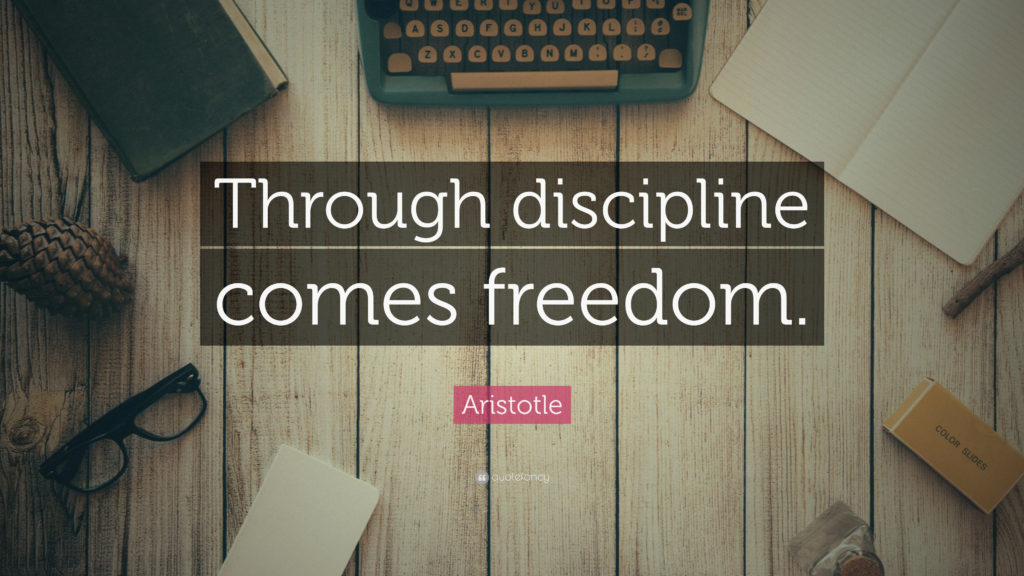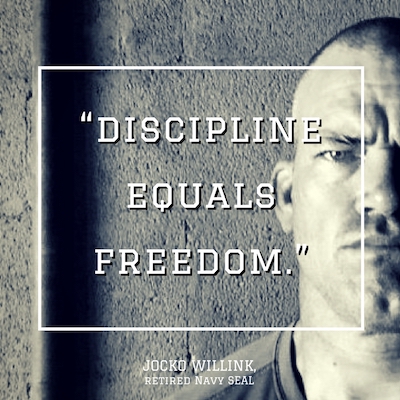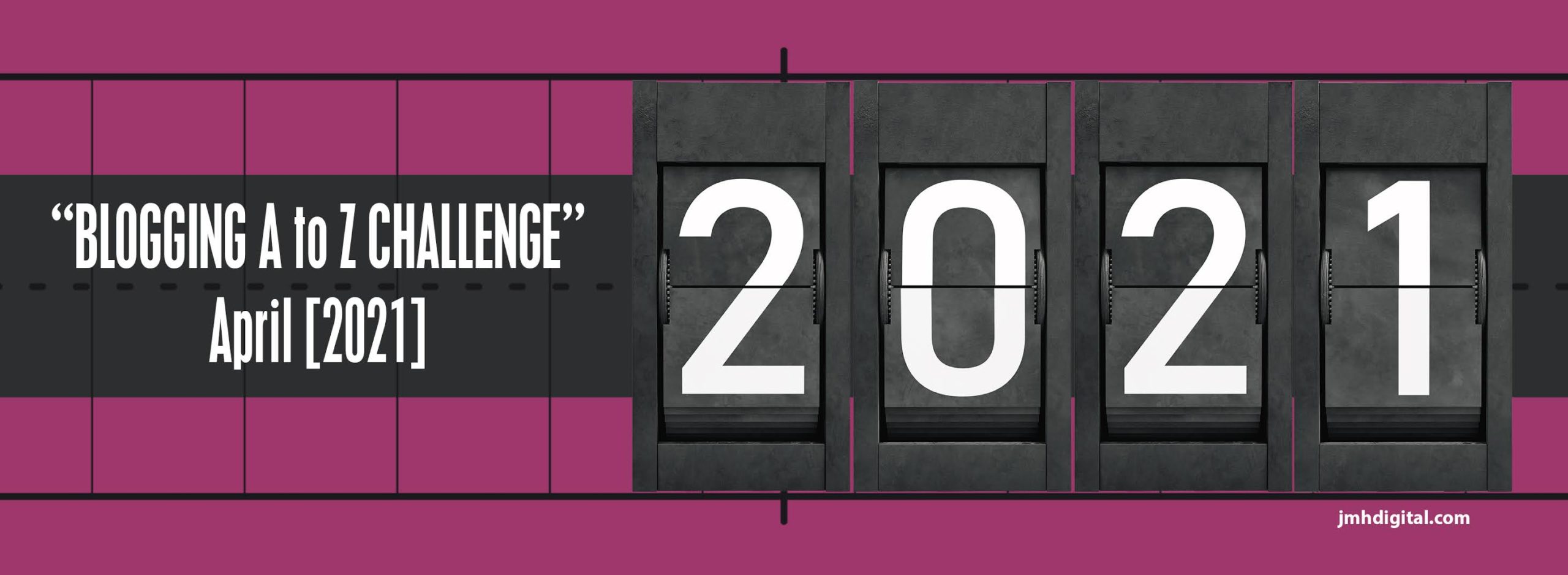

I have always written. In junior high and high school I wrote bad poetry, as befits a baby bat, even a closeted one, and pastiche fiction. The latter includes some really bad attempts at my own version of The Simarillion. At least twice as an adult I investigated what it would take to become a professional writer. When I was in the navy and we were decommissioning my first boat, USS Skipjack SSN-585, I tried my hand at writing some science fiction short stories intended for markets like Analog. After my divorce and layoff, I set my hand to trying to write novels of various types. While the latter never really stopped in the sense that it ended roughly when I discovered NaNoWriMo, which I attempt yearly, neither bore fruit.
The reason they did not was the payoff for the required investment was small. At that time, you toiled hoping an editor, actually by the time the second came around an agent, would like your work. It seemed to be nothing more than a large popularity contest that I could not win based on the trends I could see. That was fine; I am used to being unpopular. I could have changed what I was writing to be popular, but I am more interested in creating what speaks to me when it comes to anything creative. In the traditional publishing world of the mid-90, that was going to be rough. In the traditional publishing world of the mid-aughts, it was going to be impossible. With that knowledge, there was no point in spending the energy on writing.
Kindle Direct and its imitators changed that. While success in indie books requires selling and building an audience, it is direct to the consumer sale. I do not consider that a popularity contest. While I am used to being unpopular, I also recognize popularity is a status obtained by pleasing the gatekeepers. In high school, they were the cool kids. In traditional publishing, they are the agents and editors, the cool kids of the writing scene. Yet, even when I failed that test I still had friends. Similarly, there are plenty of indie authors whose work isn’t what the current cool kids like who still make comfortable livings with their writing. The reason they can make that comfortable living is types of writing the cool kids look down on, pulpy space opera, westerns, family saga, and plenty more, never lost their audience. While those audiences might not sustain the numbers traditional publishing needs, they can support indie. Given there is plenty of evidence it is more class issues that killed those genres than economic ones, they can support a lot of indie authors with comfortable livings.
There is a term for a comfortable living made by appealing directly to customers with some kind of gatekeeper, be they editors or employers. That word is freedom.

If discipline equals freedom then how does discipline fit into my plan to learn to write and retire to a career as a fiction writer. I see discipline as encompassing three things. First, it drives the quantity of my writing. The obvious point of quantity is having enough to sell to bring in a comfortable income. While you can find numerous tales of success, most seem to center on two things. Successful indie authors publish new material every six to eight weeks. Sometimes new can be repackaged older material, such as boxed sets or collections of previously published short stories. Most of the time, however, they are publishing new materials. While it might seem insane to publish a new novel every six weeks when traditional publishing is reluctant to publish more than one book per author per year, it isn’t historically. Lester Dent wrote two unique novels a month most months for years. Of course, those were at the lower end of the novel range, closer to 40,000 to 60,000 words instead of the 100,000 plus that traditional publishing now sees as a floor. What most people forget is that floor was created in the late 80s in order to justify price increases on mass-market paperbacks. While ostensibly these price increases were driven by paper costs, when paper costs fell, paperback prices did not. Still, producing 50,000 words every six weeks requires writing an average of around 1,200 words a day. Even that rate assumes you are writing one book while editing and preparing for print another. If you are doing the first draft to the final eBook in six weeks, you’re probably writing it in three for closer to 2,400 words per day. That quantity requires discipline.
Discipline also affects quality. It takes discipline to study. It takes discipline to go over your own work and find where it fails, but if you do not you will make the same mistake again. Even the quantity result of discipline is a requisite to quality. It takes discipline to get out those first 1,000,000 words Stephen King said are unreadable to get to the readable 1,000,001st word. A writer with the discipline to turn out 1,000 words a day come hell or high water will finish in 1,000 days, or just short of three years. The undisciplined writer who gets out a couple of thousand when the mood strikes, rarely more than once a week, needs more than a lifetime to learn his craft well enough to earn an audience. The audience that makes a writer an author, is the reward of discipline, as is the income that his audience provides.
Finally, discipline allows a writer to live as an author by permeating other parts of his life. The discipline to save and budget allows an author to survive the highs and lows of sales income instead of relying on a steady paycheck. If one is disciplined enough to exercise and eat well, heart surgery will not interrupt sustained momentum. Even if injury or disease interrupts writing life, a disciplined writer will be back in the saddle much quicker than his undisciplined colleague.
Discipline is freedom. For the writer, it is the freedom to write what he wishes, to find the audience for that writing, and to be able to be an author, not just a writer, on his earnings from that audience.


What a thoughtful post. Your take on discipline as freedom and its three components is both interesting and helpful.
Thank you.
[…] I have tried to include some fiction each month. It would help if I got off my butt and was more reliable about writing. If only I had the discipline I know I need. […]